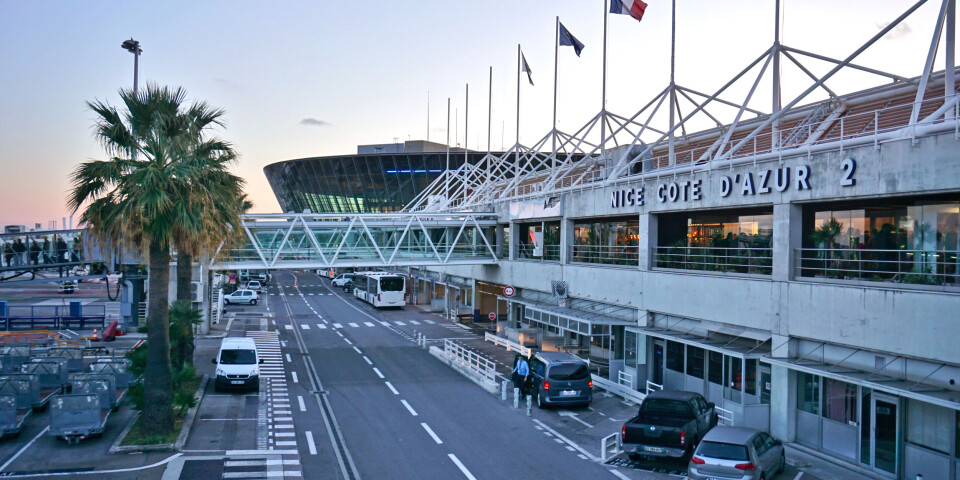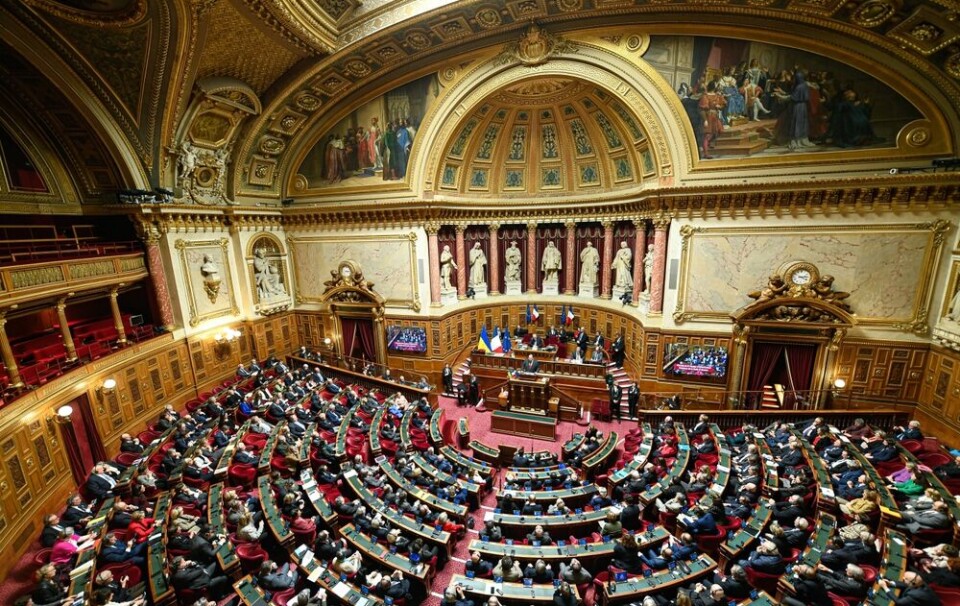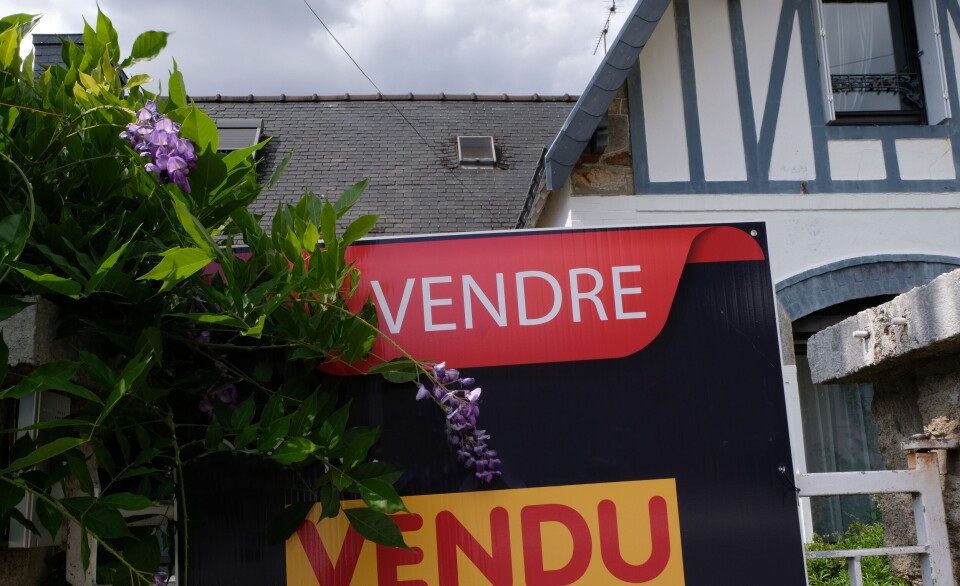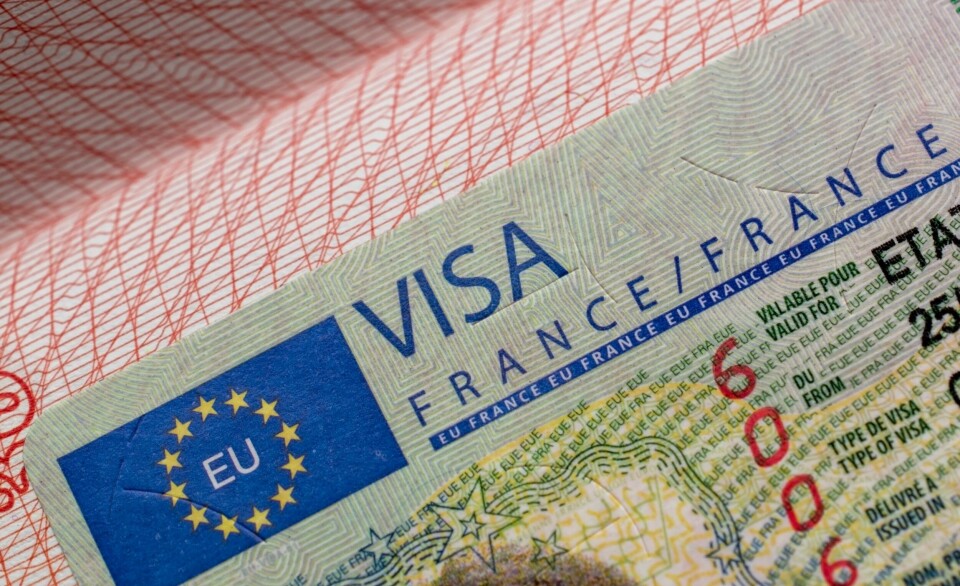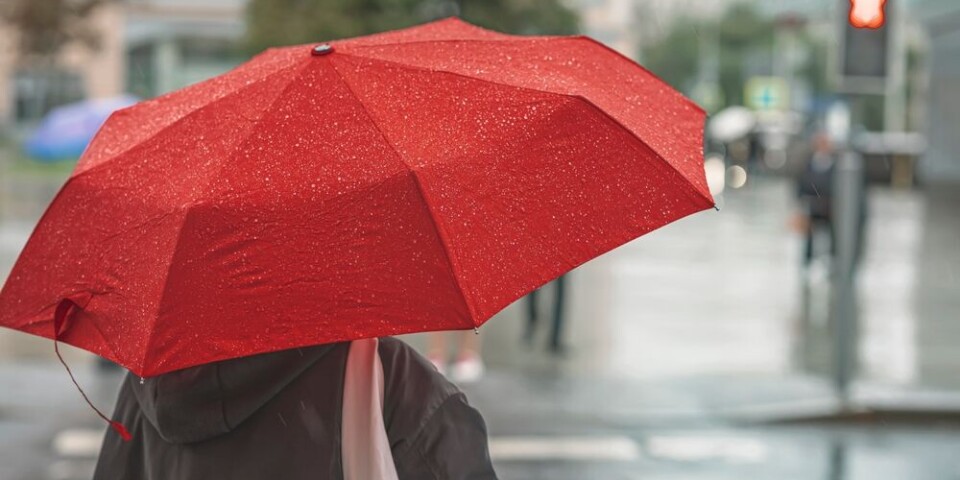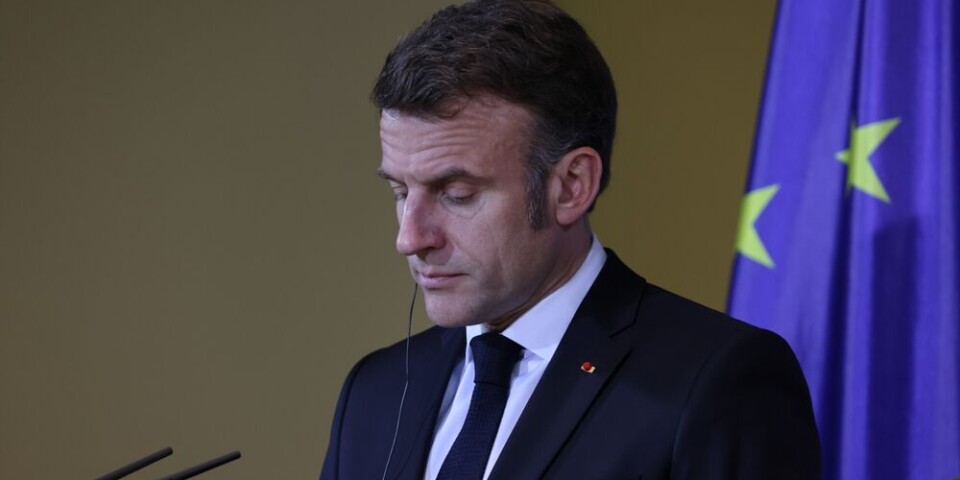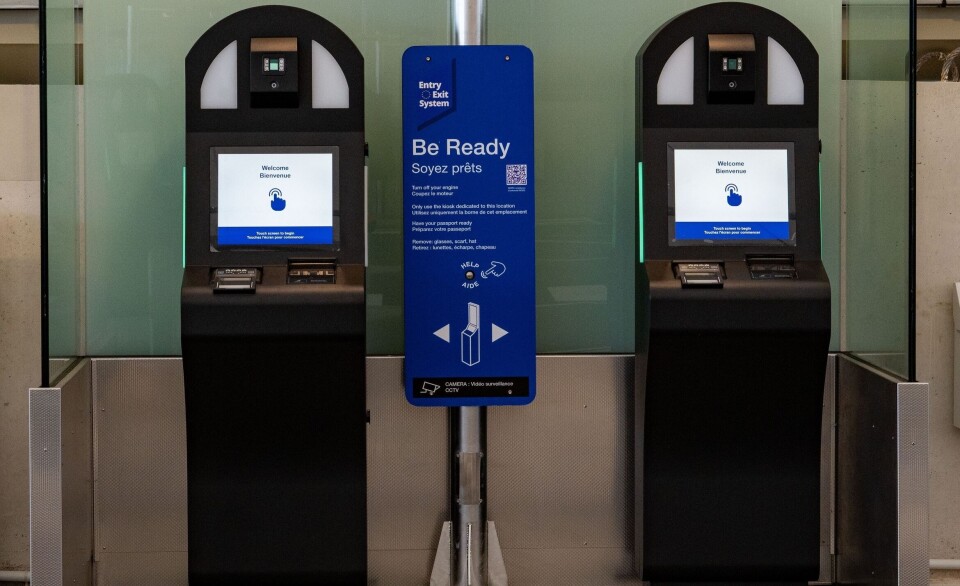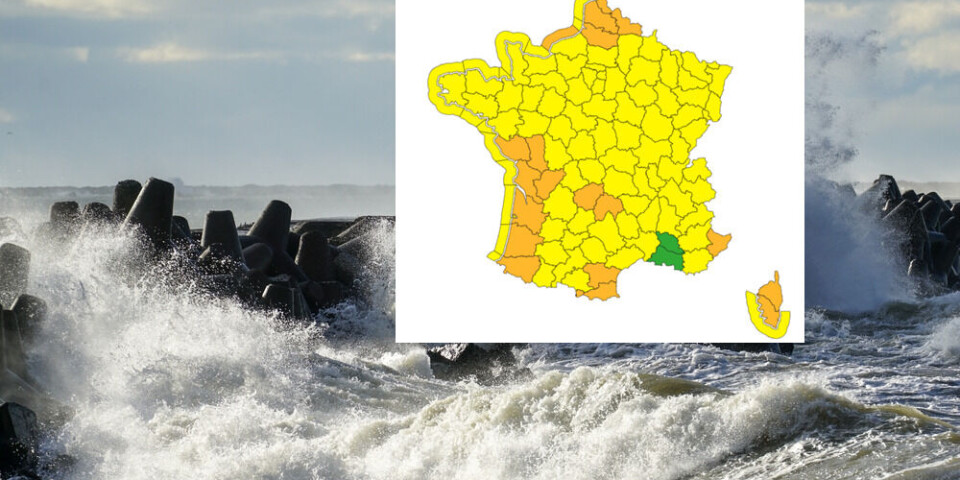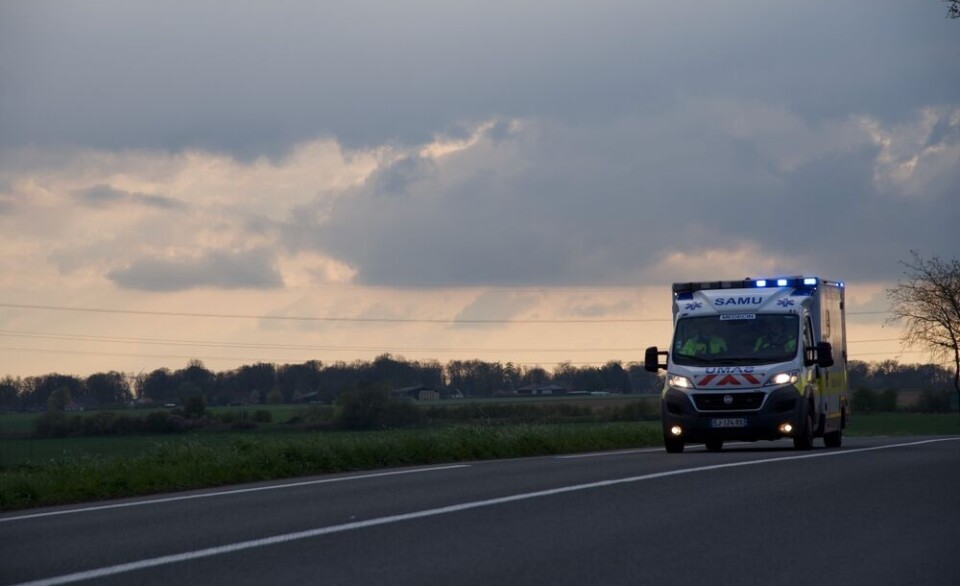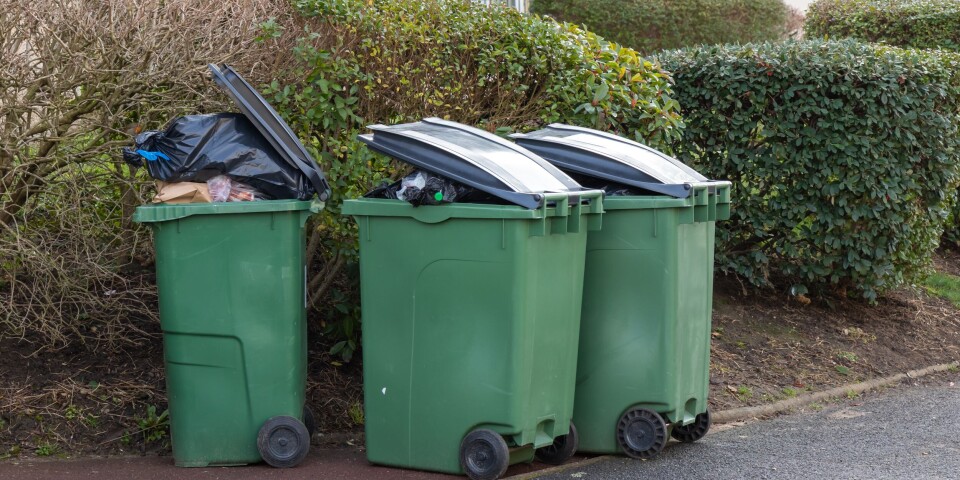Septic tanks expose difference between law and reality in France
The tanks can reveal stark differences between French and British laws... and the attitude of homeowners towards them
Septic tanks attract much debate online, particularly with concerned Britons looking into the sometimes complicated rules
Gozzoli / Shutterstock
On websites and forums where Britons seek advice on renovating houses in France, the topic of septic tanks elicits much concern.
Upon buying a house, for example, a notaire might hand over a form with a year’s grace to make sure your fosse conforms to strict norms.
Britons are often anxious about punishment for non-compliance, tending to take legal requirements literally and rush to replace their tanks.
In the French countryside, where most fosses septiques are found, locals have a more jaundiced view of law enforcement.
They would be horrified were an official to turn up, inspect their ancient tank and issue an order to upgrade it.
This can mean excavating the old tank and dropping in a new one – not cheap.
Yet locals nevertheless adopt a fairly relaxed attitude.
In many cases, they presume officials are not terribly punctilious, so it will probably never happen to them, and they just ignore the directive.
In any case, the inspector might be talked into turning a blind eye to the problem, with much shrugging of shoulders and blowing out of breath.
Of course, there is a chance the official decides to be strict and insist the old tank is removed and an up-to-date one installed in its place. However, most French homeowners in rural areas would put the likelihood of this happening at a single percent.
Read more: Can I install a septic tank myself at my second French home?
Emptying rules
In terms of emptying tanks, where there are also strict rules, attitudes can be similarly nonchalant.
I was once advised to cut a hole in mine, which is illegal. A filter covering the hole may hide it sufficiently for it never to be discovered, the tip continued.
Septic tanks, then, offer an example of the relationship between the actual law, accompanied by much trumpeting, and its looser implementation in France.
Britons and Americans may find this shocking and hypocritical. We take the law seriously and literally, but the French know their culture is a ‘conspiracy of rhetoric’.
While the law may be formal and strict, it is rarely applied like that. It allows for a certain flexibility, summed up in the word ‘toleré’.
Of course, there are exceptions. During Covid, confinement, social distancing and mask-wearing rules were largely well observed in France, but only when backed by a massive police presence and hefty fines.
For French people, the gap between what is on paper and what happens in practice is both inevitable and desirable, the necessary leeway to get on with your life.
It is probably healthy, in context, but grasping it can be a lifetime’s work for many foreigners.
Read more: What are the rules on foreign septic tanks in France?









